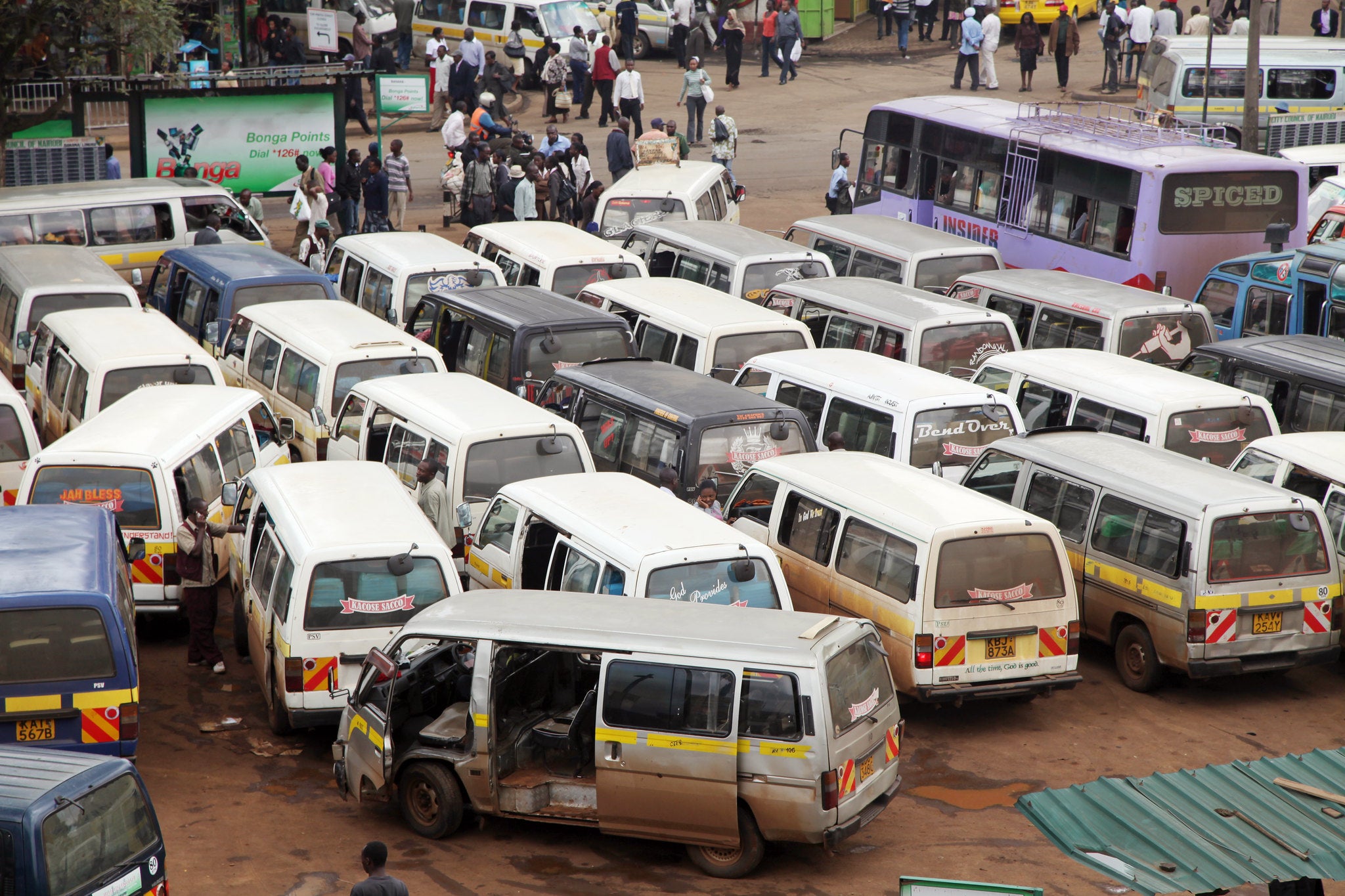No one enjoys being in a traffic jam. While it may be frustrating for trapped commuters who have to factor in lengthy travel times just to get to their destinations on time, recent studies show there are measurable financial and environmental consequences to the grinding gridlock. In Nairobi, traffic congestion costs the capital city an estimated USD 600,000 each day due to time wasted on the road; and during the capital's rush hours air pollution spikes up to ten times higher than the recommended threshold.
Africa’s cities are set to double in size over the next 25 years as more people move to urban areas to find work and other opportunities, so it is crucial to come up with sustainable public transport solutions.
Between 2011 and 2018, UN-Habitat and UNEP supported the cities of Addis Ababa, Kampala and Nairobi in planning and designing better public transport options. The financing came from the Global Environment Facility, through the SUSTRAN (Promoting Sustainable Transport Solutions for East African cities) project. The SUSTRAN project collaborated with partners, including the Innovation Hub of the University of Nairobi, to introduce cost-effective methods for planning Bus Rapid Transport (BRT) systems. BRT systems include dedicated road lanes for buses coupled with features that reduce delays when passengers alight and disembark.
The SUSTRAN project successfully established Metropolitan Transit Authorities in the three participating cities. These are now the coordinating agencies responsible for the development and operation of city-wide sustainable mobility systems. It also increased the technical skill set of decision-makers in each city to plan and implement modern BRT systems.
The upshot is the technical designs for the BRT systems in Addis Ababa and Nairobi led to funding commitments between governments and financing partners such as the World Bank. New BRT systems will soon be cutting commuter times in both cities. Addis Ababa also received co-financing of EUR 85 million from the French Development Agency for the design and construction of their BRT corridor. Commuters in the Ethiopian capital should enjoy their first ride on a modern and efficient bus in late 2020.
The outcomes from the SUSTRAN project are inspiring other African cities to work towards modern urban transport systems that generate real reductions in commuting times and greenhouse gas emissions. In Cairo, UN-Habitat, in partnership with the Government of Egypt and UN Women, is providing technical support for the introduction of a modern BRT system. This project aims to make public transport more responsive to the needs of women.
UN-Habitat works for a better urban future. Working in over 90 countries, the United Nations programme for human settlements promotes the development of socially and environmentally sustainable human settlements and strives for adequate shelter with better living standards for all. UN-Habitat’s mission is to promote transformative change in cities and human settlements through knowledge, policy advice, technical assistance and collaborative action, leaving no place and no one behind.
